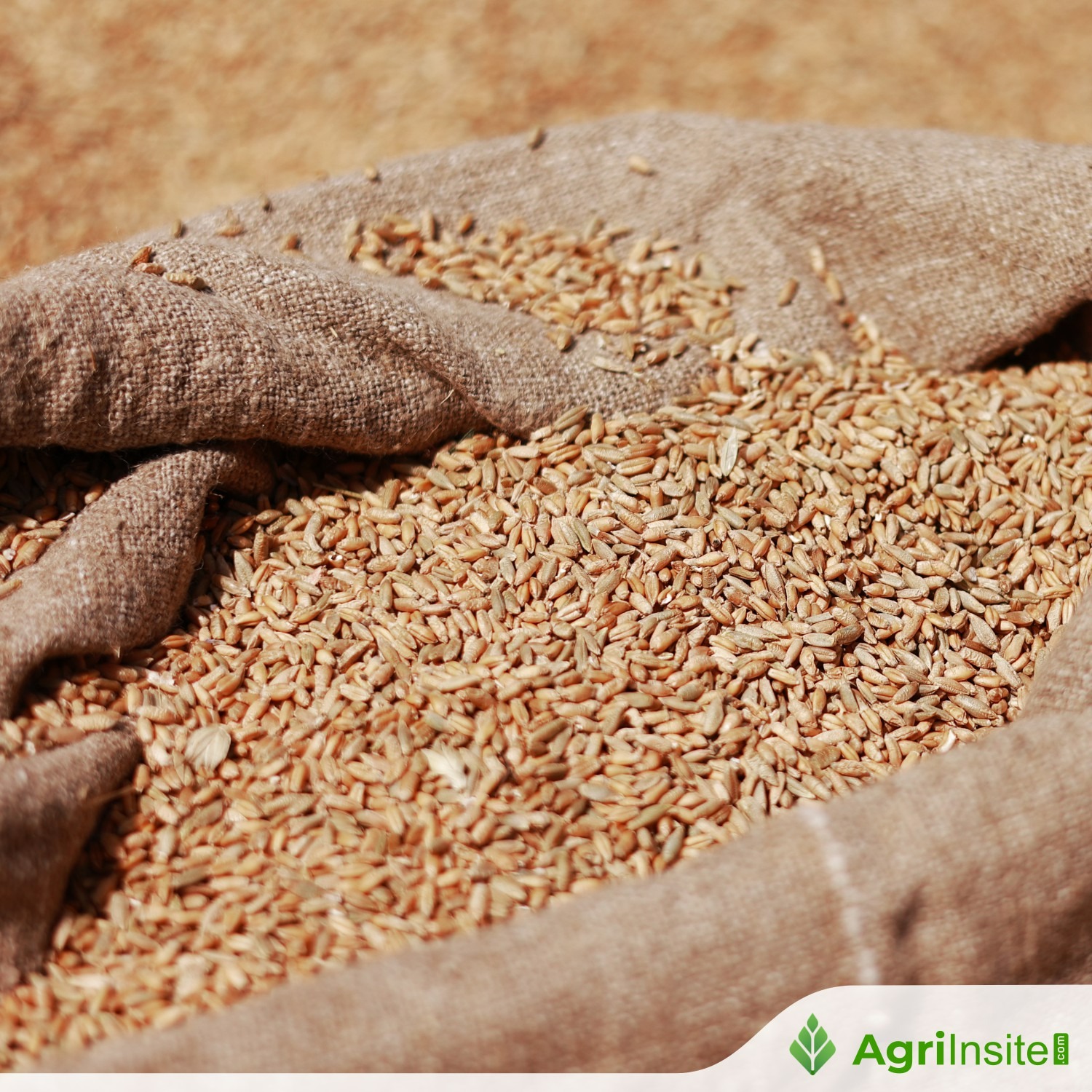Egyptian authorities are curtailing purchases of wheat on the domestic market

Egypt’s domestic wheat procurement is falling short, with only 3.9 million tonnes collected so far—below the 4–5 million tonne target. The Ministry of Supplies is closing collection centers due to low farmer deliveries, raising concerns over shortages for Egypt’s subsidized bread program. Imports, typically around 5 million tonnes annually, are also lagging, compounding the challenge amid high inflation and economic strain.
Domestic wheat purchases are being curtailed because they have not reached the target, Egypt’s Ministry of Supplies said in a document, Reuters reported.
These are threatening shortages as Egypt seeks to meet a massive subsidized bread program that feeds nearly 70 million people. The situation is complicated by high inflation and ongoing economic tensions.
The government had intended to buy 4 million to 5 million tonnes of the new harvest from local farmers. The size of the new harvest is officially estimated at about 10 million tonnes. The procurement campaign, which began in mid-April, is officially scheduled to last until mid-August.
However, as of Saturday, June 28, just over 3.9 million tonnes had been collected, according to a second separate official document reviewed by Reuters.
In recent days, the Ministry of Supplies has begun gradually closing some wheat collection points across the country, citing low volumes from farmers, according to the first document.
The centers that remain open will also be closed if they do not receive wheat for three to five consecutive days, the document said.
The Ministry of Supplies did not immediately respond to a Reuters request for comment.
Egypt’s own wheat production is not sufficient to meet domestic consumption. So Egypt, the world’s largest wheat importer, typically buys about 5 million tonnes of wheat a year from abroad to support its strategic reserves and subsidized bread production system. At least 5 million tonnes of wheat are imported annually through the private sector.
However, import volumes in the first half of 2025 are also lagging behind the previous year’s figures, officials said last week.
Prime Minister Mostafa Madbouly said earlier this month that Egypt has strategic reserves of wheat and other commodities that would last more than six months.
To Read more about Wheat News continue reading Agriinsite.com
Source : Ukr Agro Consult















